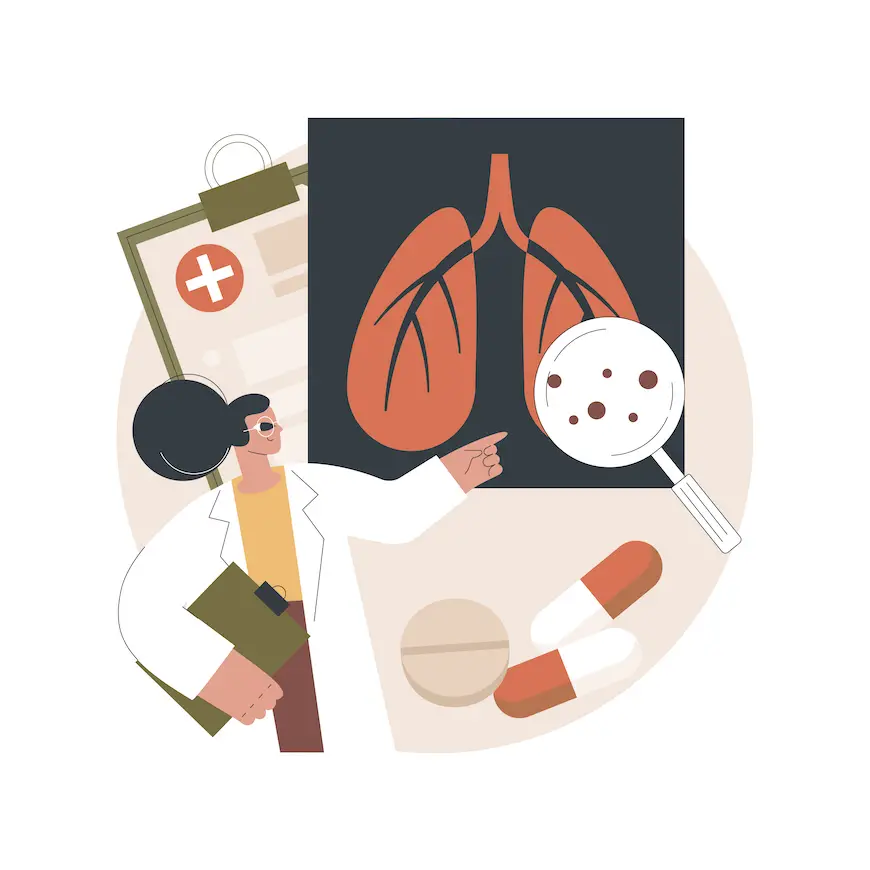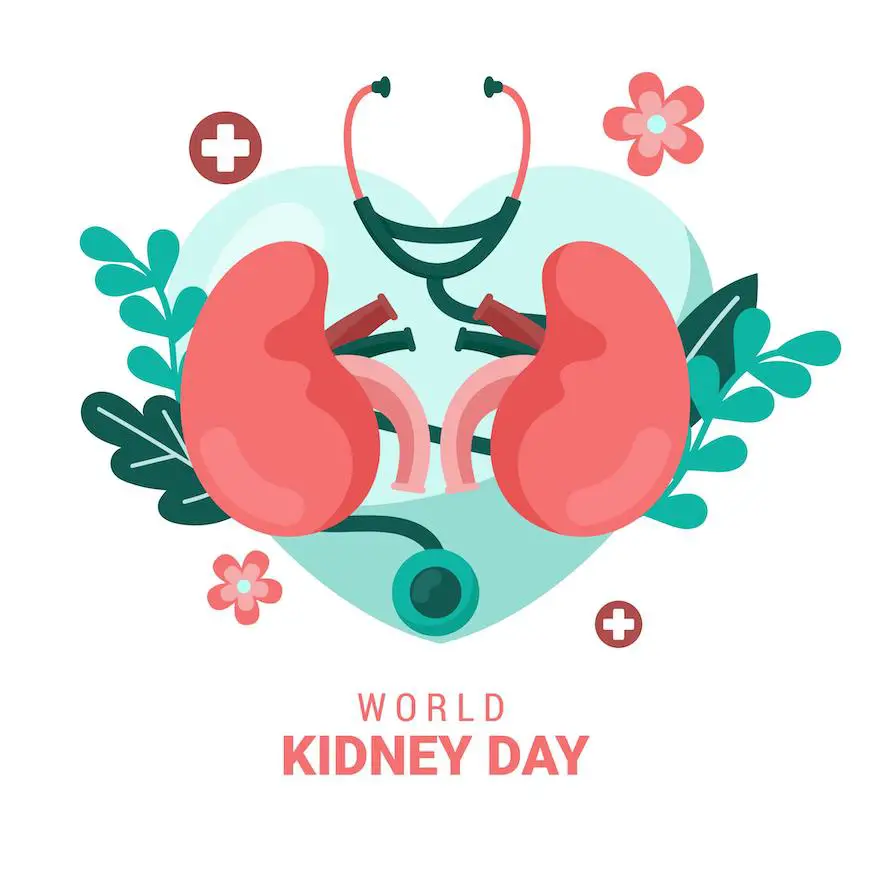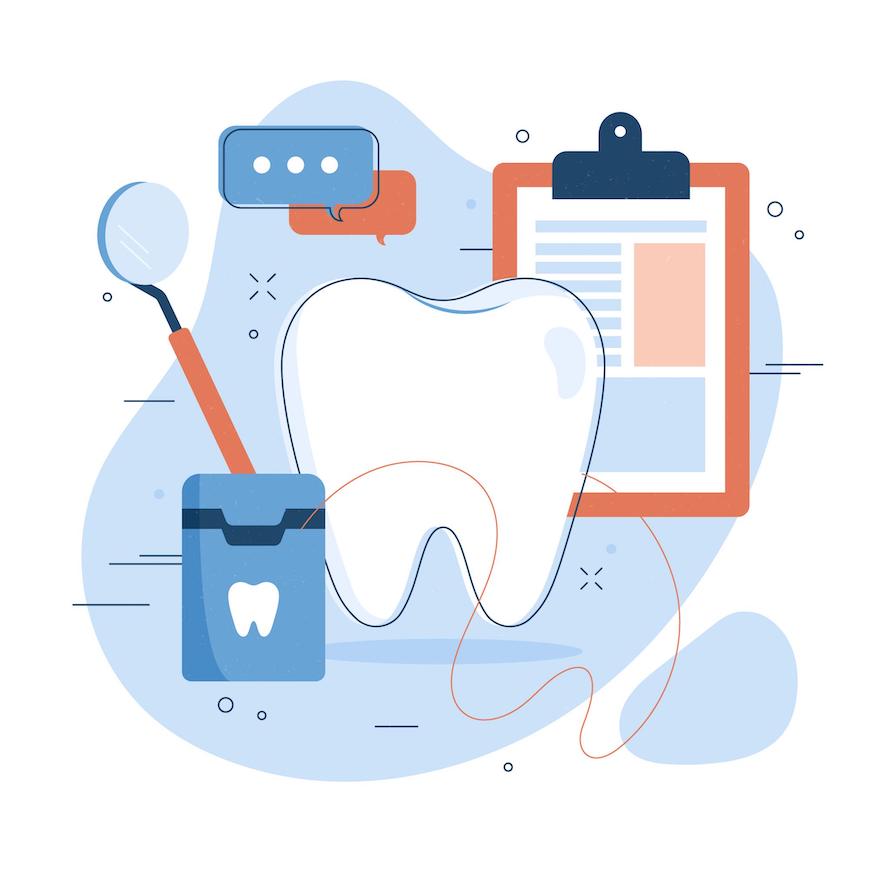Attention deficit/hyperactivity disorder (ADHD) is a complex neurological development that affects individuals over their lifespan. While often associated with childhood hyperactivity, ADHD is far more nuanced—especially when it persists into adolescence and adulthood. As a physician trained at Harvard Medical School and with experience diagnosing and managing ADHD in both pediatric and adult populations, I aim to present a medically accurate, compassionate, and informative overview of ADHD symptoms.
What is ADHD?
ADHD is a disease characterized by a persistent pattern of carelessness and/or hyperactive impulsivity that affects daily functioning. The symptoms must be present in multiple settings—such as home, school, work—and cannot be better explained by another mental health condition.
ADHD is not merely a behavioral issue; it is rooted in brain function, particularly in the prefrontal cortex, which governs executive functioning—planning, decision-making, impulse control, and emotional regulation.
Read more: How Is ADHD Diagnosed?
Two Primary Symptom Domains
ADHD symptoms are categorized into two main types: inattention and hyperactivity-impulsivity. Some patients may present with one predominant type, while others experience a combined presentation.
1. Inattention Symptoms – What They Really Mean Clinically
Patients with inattentive ADHD may not appear disruptive, which can lead to underdiagnosis—particularly in girls and adults.
Let’s examine each in detail:
- Fails to focus on details or makes careless mistakes: This isn’t laziness. It reflects a neurobiological difficulty in maintaining sustained mental effort. A student may do math problems correctly in practice but make small errors on a test due to lapses in focus.
- Has difficulty sustaining attention: Whether reading a book, attending a lecture, or sitting through a meeting, individuals may lose focus even on topics of interest. It affects learning, relationships, and productivity.
- Appears Disengaged During Conversations: This is often misinterpreted as rudeness. In reality, the brain may simply shift attention mid-conversation, particularly when no visual engagement or movement is involved.
- Struggles to Complete Multi-Step Tasks: This is a hallmark of executive dysfunction. The intent is there, but sustaining focus through multiple steps becomes a challenge.
- Has difficulty organizing tasks and activities: Calendars, to-do lists, time blocks—these tools are often not instinctively used by ADHD patients. Disorganization can derail careers or academic performance.
- Avoids Tasks Requiring Prolonged Mental Focus: Studying for hours or completing paperwork is mentally exhausting and physically uncomfortable for someone with ADHD.
- Loses things necessary for tasks and activities: Whether it’s keys, glasses, phones, or documents, individuals may repeatedly misplace essential items, often attributing it to being “scatterbrained.”
- Easily distracted by extraneous stimuli: An open window, a buzzing phone, or a passing conversation can divert focus completely, even during critical tasks.
- Is forgetful in daily activities: Missing appointments, forgetting to return calls, or neglecting routine tasks like feeding a pet are common.
2. Hyperactivity and Impulsivity Symptoms – More Than Just “Energy”
These symptoms are often more visible and commonly associated with ADHD in children, but adults may experience them differently.
- Fidgets or taps hands or feet; squirms in seat: Constant movement is a physical outlet for internal restlessness. In adults, this might manifest as pen-clicking or foot-tapping during meetings.
- Leaves seat when remaining seated is expected: In school-aged children, this may be obvious. In adults, it can look like frequent breaks, switching tasks, or pacing during phone calls.
- Runs or climbs in inappropriate situations: For adolescents and adults, this symptom may transform into restlessness or an urge to stay constantly active.
- Difficulty Participating Quietly in Leisure Activities: Even leisure can feel boring unless it’s stimulating. These individuals may gravitate toward extreme sports, fast-paced jobs, or multitasking.
- Talks excessively: Rapid, nonstop talking may interrupt the natural flow of conversations. Often, thoughts come so fast that they are blurted out immediately.
- Impulsively Responds Before Listening Fully: Impulsivity overrides the social cue to wait. In adults, this might appear as speaking over others in meetings.
- Has difficulty waiting for their turn: Whether in lines, conversations, or collaborative work, patience is in short supply.
- Interrupts or intrudes on others: ADHD impacts self-monitoring. Interruptions are not usually intentional but are perceived as rude, leading to interpersonal issues.
Emotional Dysregulation: The Unspoken ADHD Symptom
This is not listed in the DSM-5 diagnostic criteria, but nearly every adult ADHD patient I’ve worked with struggles with emotional dysregulation.
What does it look like?
- Quick to frustration
- Overreacting to criticism
- Mood swings and low tolerance for stress
These individuals may “shut down” or have emotional outbursts when overwhelmed—a phenomenon known as meltdowns or shutdowns.
It’s critical to validate that these are not personality flaws but neurological difficulties in managing emotional responses.
Sensory Overload and Hypersensitivity
Many individuals with ADHD are hypersensitive to their environment:
- Bright lights
- Loud noises
- Textural discomfort with clothing
This can lead to sensory overload, where even minor stimuli can cause agitation, distraction, or anxiety. In busy or loud settings like offices or classrooms, the brain’s filter struggles to prioritize stimuli, creating cognitive chaos.
Executive Dysfunction: The Root of Disorganization
Executive function refers to a suite of mental skills necessary for goal-directed behavior. People with ADHD may:
- Struggle to start tasks
- Have poor working memory
- Fail to estimate time accurately
- Get overwhelmed by multi-step tasks
The result is procrastination, incomplete tasks, and stress that further impairs performance.
ADHD in Adults: The Invisible Struggles
Adult ADHD is often underdiagnosed, particularly in women, who are more likely to present with inattentiveness and internalized symptoms rather than hyperactivity.
They may suffer silently, masking their challenges with excessive effort, perfectionism, or anxiety. Many are only diagnosed in adulthood after a child of theirs is diagnosed—leading to a reevaluation of their own long-standing difficulties.
Co-Existing Conditions: Why Proper Diagnosis Matters
ADHD rarely exists alone. It often co-occurs with:
- Anxiety disorders
- Depression
- Learning disabilities
- Obsessive-compulsive disorder (OCD)
These conditions can either mask or magnify ADHD symptoms, making proper evaluation and comprehensive care essential.
How ADHD Is Diagnosed
Diagnosis is clinical—based on history and symptom presentation. A thorough evaluation involves:
- Clinical Interviews: A detailed history of childhood behavior, academic and occupational performance, and symptom evolution.
- Behavioral Questionnaires: Validated tools like the Conners Scale or ADHD Rating Scale are used.
- DSM-5 Criteria: For adults, at least 5 symptoms from either category must have persisted for at least 6 months, dating back to childhood.
- Collateral Information: Input from family, teachers, or partners offers valuable context, especially regarding behavior in different settings.
Treatment: What Really Works
1. Medication
- Stimulants (e.g., methylphenidate, amphetamines): First-line treatment that increases dopamine and norepinephrine in the brain.
- Non-stimulants (e.g., atomoxetine, guanfacine): Alternatives for those with anxiety or stimulant sensitivity.
2. Cognitive Behavioral Therapy (CBT)
Helps develop:
- Organizational skills
- Time management
- Emotional coping strategies
3. Coaching and Accountability Systems
ADHD coaching and structured support systems help patients translate goals into actionable steps.
4. Lifestyle Interventions
- Exercise boosts dopamine.
- Nutrition (high-protein, low-sugar) stabilizes energy and mood.
- Sleep hygiene is essential, as ADHD often causes irregular sleep cycles.
Final Thoughts: ADHD Is Real and Manageable
ADHD is not a character flaw or a failure to try hard enough. It is a real, biologically based condition that can profoundly impact quality of life if left undiagnosed or untreated. Fortunately, with the right support, strategies, and possibly medical treatment, people with ADHD can thrive in personal and professional domains.







